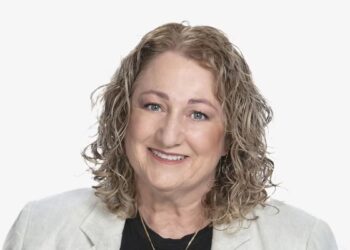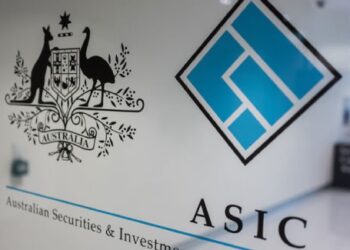Speaking to SMSF Adviser, IOOF senior technical services manager, Julie Steed, said many senior managers in firms plan to oversee advice in a management capacity only, instead relying on more junior or incoming staff who are more likely to have met the new education standards.
This is consistent with concerns from other consultants like Licensing for Accountants chief executive, Kath Bowler, who is finding some of her most qualified accountant clients are the ones who require the most further education under the new guidelines.
“Some of the practitioners that I have spoken to seem to believe that they will be able to stay on in the practice in a management or an advisory capacity to the advisers, rather than giving advice to clients,” said Ms Steed.
“They also expect to maintain their existing remuneration structures.”
Ms Steed warned this may not happen in reality, with competition to attract new graduates who are qualified under the new guidelines expected to ramp up significantly.
“I think there’s no question that [graduates] will have more bargaining power just looking purely at the numbers. If you look at the numbers of people who won’t be qualified to give advice and the numbers of people who will be qualified to give advice, new entrants [will] have an expectation of higher salaries,” she said.
“So [if] you’re squeezing extra graduate pay into those models, that money has to come from somewhere, so [it] either comes from a reduction in the income of the existing practitioners or it comes from increased client revenue. Then you have to wonder how, because if you’ve got a young experienced adviser how are they going to generate more client revenue [than] a very experienced adviser has been able to generate in the past.”
Research conducted by the SMSF Association of the education held by its members, indicates that currently 35 per cent of advisers hold no degree or an unrelated degree while only 10 per cent hold a financial planning degree. The remainder either hold a related degree or related post graduate degree.
The SMSF Association also pointed out in its submission that a potential outcome of the new standards is that more senior advisers close to retirement work behind the scenes, allowing younger colleagues to become client facing and responsible for the provision of advice.
“Advisers may seek to reshape their business to accommodate the fact they do not meet FASEA’s standard and are not willing to reach them,” the submission stated.
“While this may encourage a changing of the guard with an experience mentor in place, it may also lower the standards and quality of advice given to the public. Furthermore, older advisers will be able to exert influence over their younger employees and in essence be responsible for the provision of advice from advisers who have decided to not meet the legislated education requirements.”



People lives are literally in the hands of a bunch of morons in Canberra.
A degree with basically no experience means that the advice given by them is far more competent than that given by a person who has always been qualified professionally and has 30+ years of experience and understanding of the law. We should apply that same control to politics. No aged politicians – a 24 YO PM. Sounds good
Could be an improvement on the current lot.
So Over Complicated ODwyer and FASEA’s over the top education changes see experienced advisers sidelined and replaced by freshies straight out of uni.
And this is going to improve client outcomes ? Yeh right !
Only a government could be so dam stupid.
ODwyer, you are a complete shocker and you need to go.
But SMSF Association happy to let audits occur every 3 years despite risks to the quality and timeliness of the process. Their views are inconsistent.
So the new graduates are expecting higher salaries but consumers are expecting to pay lower fees? Can someone explain how this works?